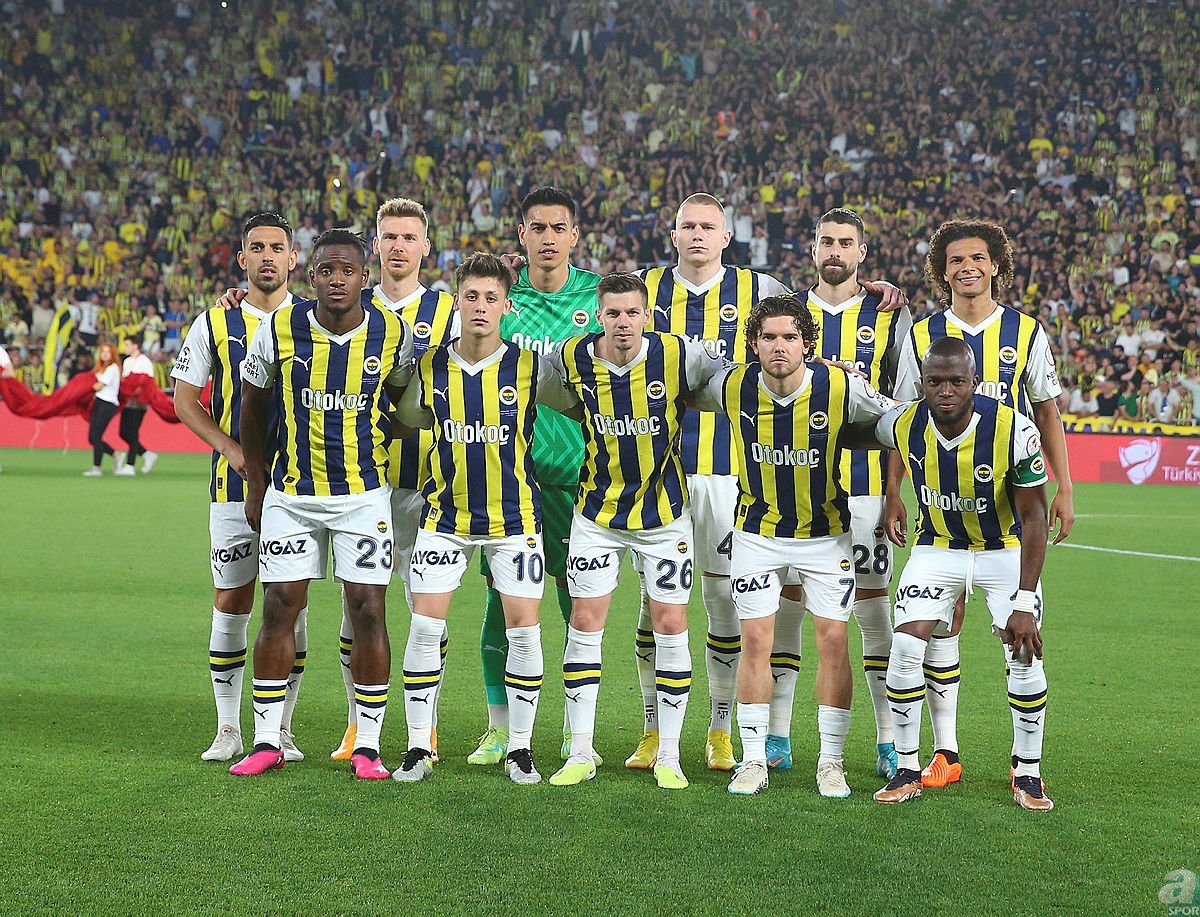The Rebellion of Prigozhin and its Accomplishments: Insights from Taras Berezovets
In a recent statement, Taras Berezovets, an officer of the Armed Forces of Ukraine, shed light on the true intentions behind the actions of the leader of the “Wagnerites,” Yevgeny Prigozhin. Berezovets emphasized that Prigozhin could not have acted alone and that influential figures were supporting him. According to Berezovets, the rebellion orchestrated by Prigozhin and his accomplices in the Kremlin was undeniably successful and achieved all of its goals.
Berezovets’ analysis of the events in the Russian Federation can be found in a video on YouTube, where he discusses who organized the rebellion and for what purpose. The Ukrainian political strategist highlighted that Prigozhin’s campaign against Moscow began with the alleged missile attack on a PMC “Wagner” camp. However, Berezovets pointed out that this video has not been verified by any independent source, leaving many unanswered questions about the location of the camp, the casualties suffered by the Wagner mercenaries, and the extent of equipment damage.
Furthermore, Berezovets proposed that Prigozhin, being a businessman rather than a military man, would not have dared to attempt a military mutiny without the support of more powerful forces in the Kremlin. Speculating on the identity of these forces, Berezovets acknowledged the lack of concrete evidence but suggested that a certain group of conspirators dissatisfied with the course of the “SVO” and the war unleashed by Putin may have blackmailed him, revealing the failure of his regime.
Berezovets also discussed the significance of capturing Rostov, which he believes is even more important for Prigozhin than capturing Moscow. Additionally, he offered insights into how Putin might respond to the breakthrough of the Armed Forces of Ukraine at the front.
It is important to note that Berezovets’ analysis provides valuable perspectives on the rebellion and its implications. However, the information presented should be considered in the context of ongoing developments and further verification.
In conclusion, Taras Berezovets, an officer of the Armed Forces of Ukraine, has shared his insights into the rebellion led by Prigozhin and its accomplishments. While acknowledging the success of the rebellion, Berezovets raises important questions about its origins and purpose, shedding light on the complex dynamics within the Russian Federation. As the situation continues to unfold, it is crucial to remain vigilant and seek verified information to understand the full picture.

What specific actions did Prigozhin take to consolidate power within the Kremlin and maintain his influence within decision-making processes
Officer highlights that Prigozhin, a prominent Russian businessman with close ties to President Vladimir Putin, served as a key figure in the uprising. Prigozhin is known for his involvement in the private military company “Wagner,” which has been linked to various conflicts around the world.
Berezovets argues that the rebellion led by Prigozhin aimed to challenge Russia’s democratic institutions and replace them with a more authoritarian regime. He suggests that the ultimate goal was to consolidate power under Putin’s leadership, with Prigozhin serving as a key ally in this endeavor.
According to Berezovets, the accomplishments of this rebellion are evident in several key areas. Firstly, the rebellion successfully undermined public trust in the Russian government and its democratic processes. Through propaganda campaigns and misinformation, Prigozhin and his accomplices were able to manipulate public opinion and create a sense of chaos and instability.
Secondly, the rebellion achieved its goal of consolidating power within the Kremlin. Berezovets points out that Prigozhin’s rise to prominence and his close relationship with Putin illustrate the success of this endeavor. By aligning himself with powerful figures within the Russian government, Prigozhin ensured his continued influence and participation in decision-making processes.
Lastly, Berezovets highlights that the rebellion successfully weakened Russia’s position on the international stage. The actions of Prigozhin and his accomplices, such as their involvement in the conflicts in Ukraine and Syria, further strained Russia’s relations with other countries. This isolation has resulted in a decrease in international support and cooperation, ultimately impacting Russia’s global standing.
Berezovets’ analysis serves as a reminder of the challenges posed by individuals like Prigozhin and their impact on domestic and international affairs. The rebellion orchestrated by Prigozhin and his accomplices has undoubtedly achieved its goals, but at a cost to Russia’s democratic institutions, public trust, and international standing.


This article offers valuable insights into the true intentions of the leader behind the ‘Wagnerite’ rebellion in Russia. Taras Berezovets sheds light on a hidden agenda that needs to be taken seriously. Understanding the true goals is crucial in addressing and resolving this ongoing conflict.